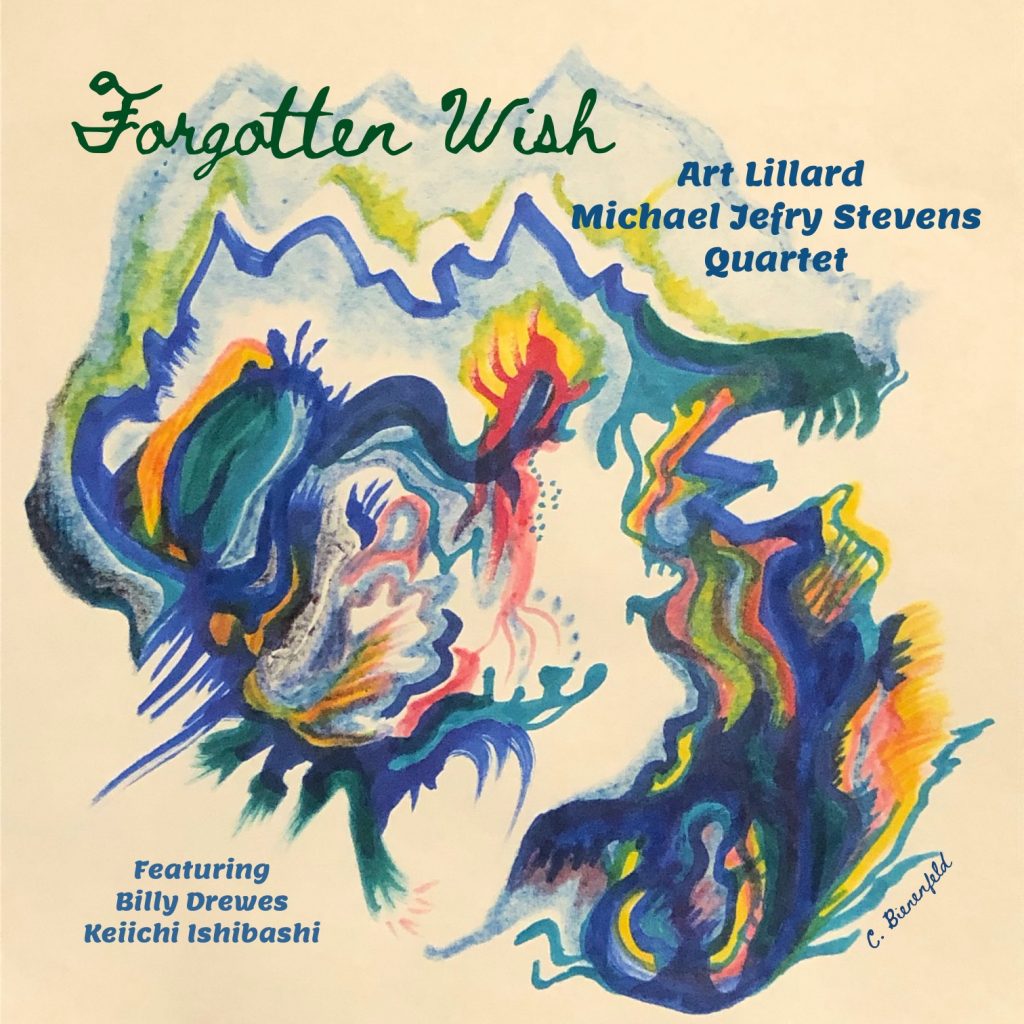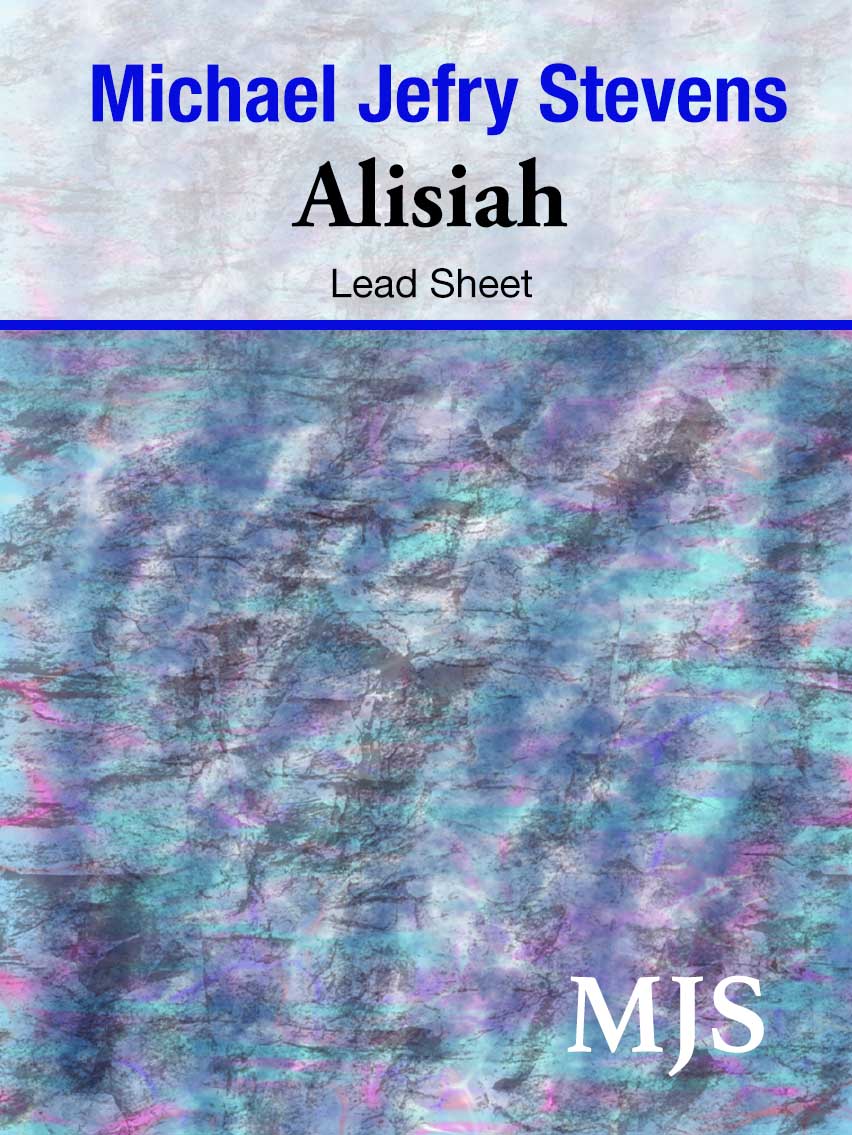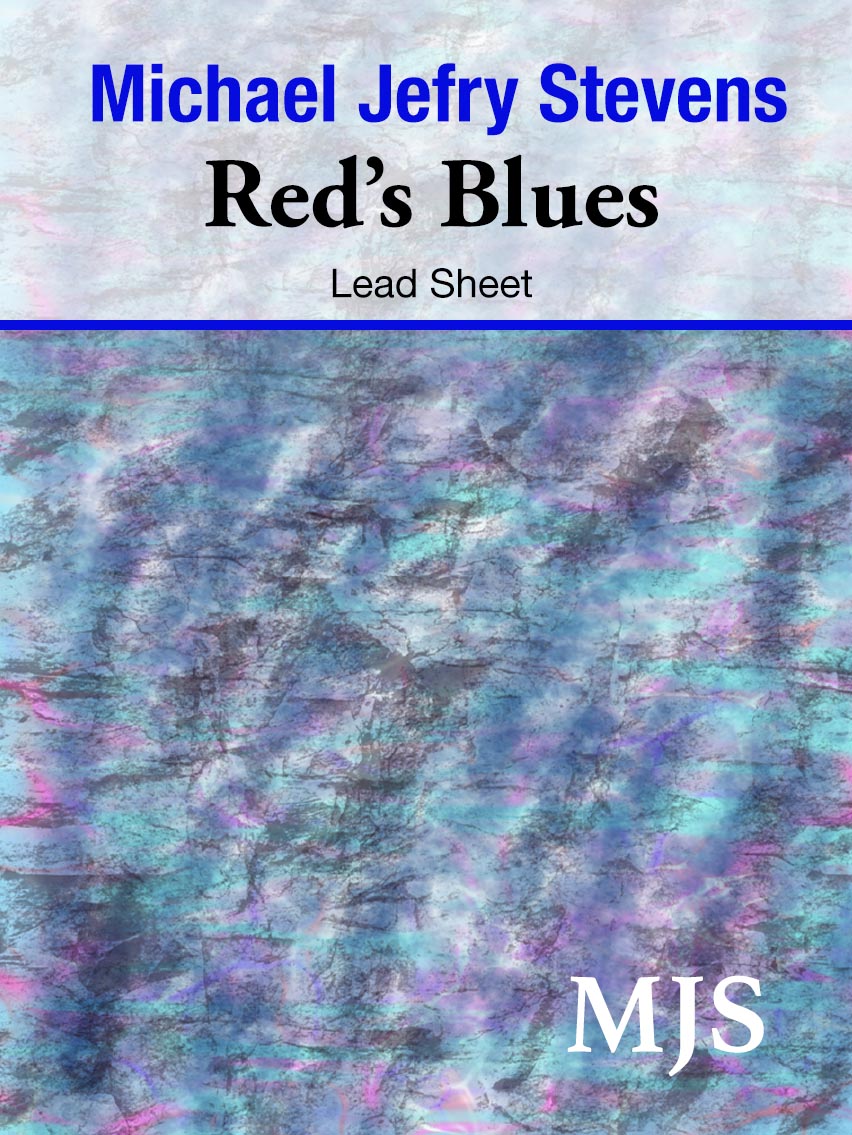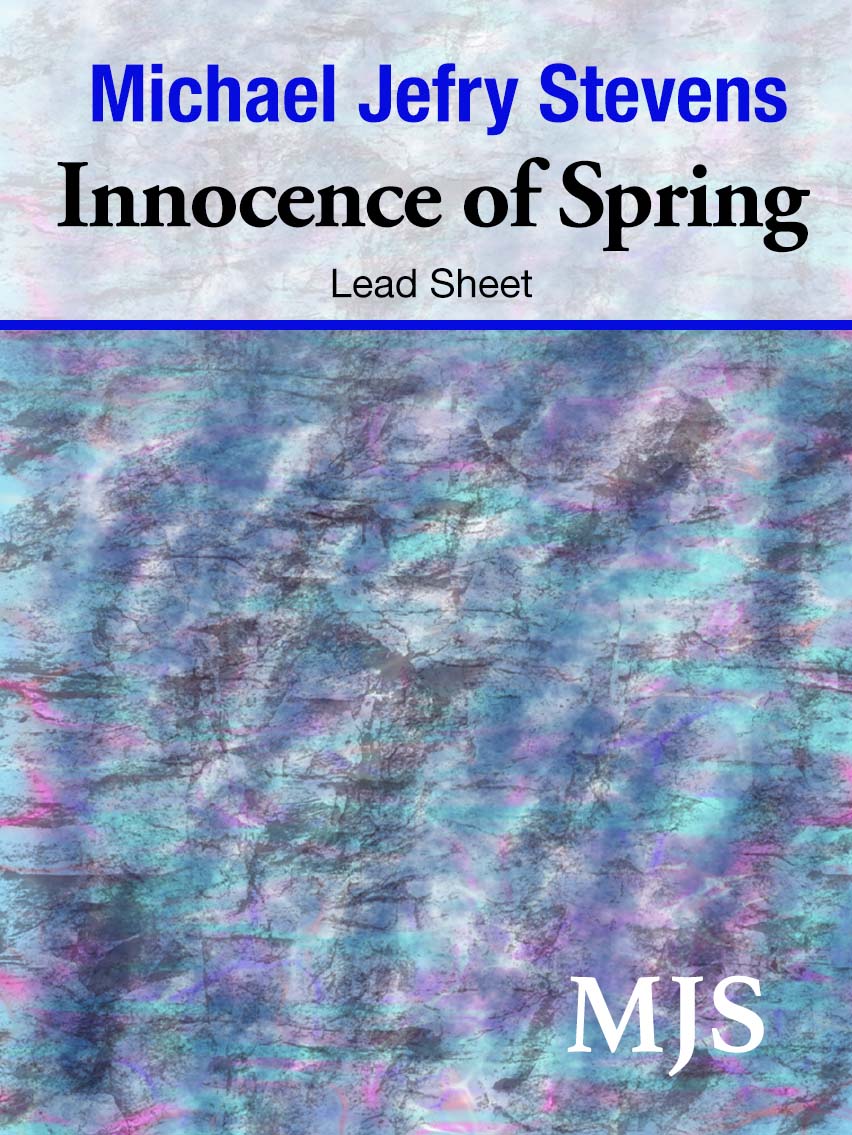Lillard/Stevens Group

The Lillard/Stevens Group is the most recent collaboration between pianist Michael Jefry Stevens and drummer Art Lillard. Lillard and Stevens first began performing music together as students at Miami/Dade Community College back in 1972. They later moved to Boston, MA where they co-led several ensembles including the “Psalms” Quartet and “Z Real Band”. The Lillard/Stevens ensembles performed throughout New England between 1976 and 1980. Both Stevens and Lillard re-located to New York City in the early 1980’s and continued their musical relationship for the next decade.
Beginning in the early 1990’s their paths diverged. Michael Jefry Stevens co-founded several international touring jazz ensembles including the Fonda/Stevens Group (Joe Fonda, Herb Robertson, Harvey Sorgen, Mark Whitecage), Conference Call Quartet (Joe Fonda, Gebhard Ullmann, George Schuller), the Generations Quartet (Joe Fonda, Oliver Lake, Emil Gross), In Transit Quartet (Dieter Ulrich, Daniel Studer, Juerg Solothurnmann, Stevens-Siegel-Ferguson Trio (Jeff Siegel, Tim Ferguson) and the Eastern Boundary Quartet (Joe Fonda, Balazs Bagyi, Mihaly Borbely). Michael Jefry Stevens toured Europe with all of these groups consistently between the early 1990s up until 2021 (Covid). His discography containing over 100 CD releases includes many CD’s from the aforementioned musical groups.
Art Lillard’s touring background includes his experience as house drummer for various musical productions by the Amas Repertory Theater under the leadership of Rosetta Lenoire and several decades with the Theater for the New City. In 1992 and ’94 Art toured Europe with the Broadway show “Ain’t Misbehavin’”, including performances at the Umbria Jazz Festival in Italy and the Pori Festival in Finland, and in 1995, ’96, ’98, 2008, and 2010 he toured Europe and South America with an original production of “Phantom of the Opera.”
Lillard and Stevens re-connected at the beginning of the “Covid” epidemic. In the past two years, they have released the following CDs of their original music on the “Artists Recording Collective” Label. The cd’s include “Forgotten Wish”, “Original Music for Sextet” and “Living Green World Blues”. These studio recordings were made in the 1980’s and early 1990’s. The release of these three cd’s provided the impetus to start this new “Lillard/Stevens Group” project. This new sextet recorded nine original compositions and arrangements by both Lillard and Stevens in 2022. The CD is scheduled for release in the Fall of 2024 in support of the group’s upcoming Fall, 2024 USA tour.
Lillard/Stevens videos

13:40

10:01
The current members of the Lillard/Stevens Group include Don Aliquo on saxophones, Jamey Simmons on trumpet, Rick Simerly on trombone, Jack Aylor on bass, Michael Jefry Stevens on piano and Art Lillard on drums.
An active performer, educator and recording artist, saxophonist Don Aliquo has released several recordings, appeared on many others and continues His playing has been described as a “fluid and articulate player with a flow of always surprising ideas complete with a dexterous technique and Jazz Studies at Middle Tennessee State University he is a Conn-Selmer and Vandoren artist. Aliquo, who has performed with such greats as Greg Osby, Pete Christlieb, Scott Robinson, and Marvin Stamm in Nashville, he spent a nine-month teaching sabbatical in New York, attending jam sessions and hanging with friends including tenor saxophonist Ellery Eskelin. He has travelled to China twice with the MTSU Jazz Faculty, appearing as guest professor of musical performance at Wuhan Conservatory of Music. He also taught and performed in Medellin and Pereira, Colombia, as part of the Promising Artists of the 21st Century Jazz Camp. In 2021, Aliquo traveled to Valencia, Spain as a guest artist at the Conservatori Superior de Música “Joaquín Rodrigo.”
Arranger, composer, trumpeter, and educator Jamey Simmons grew up in Wisconsin and knew early on that music was his unique gift. He earned his Bachelor of Music at the University of Wisconsin – Eau Claire, and studied under Robert Baca. He earned his Master of Music in Jazz and Contemporary Media at the Eastman School of Music where he studied under jazz composer and arranger Fred Sturm. Simmons is currently Director of Jazz Studies at Middle Tennessee State University where he teaches courses in jazz and directs Jazz Ensemble I. As a trumpet player, Simmons toured internationally with the Glenn Miller Orchestra. He is active on the Nashville professional music scene, and has made appearances with artists as diversified as the Temptations, Dave Weckl, Buddy DeFranco, Lee Konitz, Duffy Jackson, Vince Gill, Debby Boone, and the Nashville Jazz Orchestra. He has written arrangements and compositions that have been performed by the Glenn Miller Orchestra, the Rochester Philharmonic Orchestra, the Buffalo Symphony Pops, the Nashville Jazz Orchestra, Brussels Jazz Orchestra and numerous university and high school ensembles. His first original jazz sextet CD,, features New York saxophonist Scott Robinson.Rick Simerly has been described by David Baker as “…one of the most exciting and consistently creative trombonists in jazz today.” Jamey Aebersold depicts him as “…an astounding player with fantastic range and a keen sense of developing a solo.
His playing takes you on musical journeys and each one is different and exciting.” The Online Trombone Journal states “Rick Simerly is in the upper ranks of contemporary trombonists”, while the Jazz Review declares “…when jazz fans think about great trombone players, only a few names come to mind, J.J. Johnson, Steve Turre, or maybe Bill Watrous. Soon jazz fans will be praising the slide horn of Rick Simerly.” The International Trombone Association Journal wrote “Rick leaves no doubt about his mastery…Rick is “scary”!” Rick has toured with the Smithsonian Jazz Masterworks Orchestra under the direction of David Baker and has played in the bands of Tommy Dorsey, Woody Herman, Nelson Riddle, Les Elgart, Bob Crosby, Jimmy Dorsey, Buddy Morrow, and the last band of Charlie Spivak. He has performed with jazz artists Billy Taylor, James Moody, Slide Hampton, Rufus Reid, Jon Faddis, Bobby Shew, Harry “Sweets” Edison, Milt Hinton, Eric Alexander, Dave McKenna, Butch Miles, Adam Nussbaum, Pat LaBarbera, Steve Wilson, Bobby Watson and many others. Some of the entertainers with whom he has
Jack Aylor is a performing bassist in Nashville, Tennessee. During his time in New York, he studied with bassists Ron Carter, Ben Wolfe, Ugonna Okegwo, and James Genus. He has performed with artists including Delfeayo Marsalis, Chester Thompson, Rahsaan Barber, Roland Barber, Don Sickler, Dave Kikoski, Marc Devine, and Alex Hoffman. Jack is a recent addition to the MTSU jazz faculty. “Jack will bring his unique voice to the group as an accompanist, soloist and composer/arranger in this special concert,” said Simmons. “You’ll hear firsthand why Jack is one of the most in-demand players in Nashville and why we’re thrilled to have him here.”

















